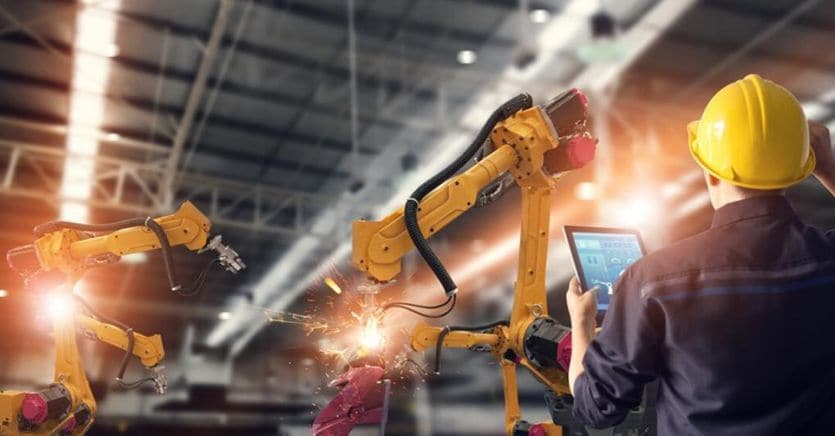The uncertainty linked to the implementation of 5.0 incentives, still undefined at the time of the survey, has an effect on prospective requests: in fact, only 31% declare they want to access the measure, two out of ten companies exclude it but almost half of the sample is placed in the “don’t know” box. A share that will almost certainly reduce significantly in the short term, when the implementing decrees are operational and companies will be able to start accessing these measures, capable of producing tax discounts of up to 45% of the investment made.
However, past investments have started companies along a well-defined digital path (67% of the sample thinks so), with a focus that places cybersecurity first, by far the first area of investment already introduced in 2023, with 28% of the responses. Followed by cloud computing, the internet of things, and surprisingly collaborative robotics, which has already entered the investment plans of 10% of companies, with a hypothesis of doubling during 2024. Adding up what has been done and how much is intended to invest, with the 20% of the responses put the area of collaborative robotics in second place, behind cybersecurity.
The biggest leap, however, is for the main innovation of recent years, that is, artificial intelligence, an area in which applications are accelerating with greater vigor: here we go from 5% of companies that have invested in 2023 to 13% that intend to do so this year. ‘year. In particular in process supervision (44%), assistance (43%), production planning and market analyzes (35%).
«The Italian manufacturing sector, with its 511 thousand active companies, represents a fundamental pillar of our economic system – declares Valentino Valentini, Deputy Minister at the Ministry of Business and Made in Italy – The ongoing geopolitical difficulties – not least the crisis of the Sea Red – they are having a heavy impact on the economic fabric and the government is well aware of the challenges our businesses have to deal with. This is why we have worked to put industrial policy at the center of the Italian Presidency of the G7 and of the EU. The remodulation of the Pnrr has freed up important resources: Mimit in particular has obtained over 9 billion which will benefit the entrepreneurial fabric. The key measure is Transition 5.0, which will allow companies to increase competitiveness and make the necessary investments to reduce energy consumption.”
«The data presented are positive and lead to cautious optimism – highlights Stefano Cattorini, General Director of the BI-REX Competence Center – the companies demonstrate their desire to grow and increase their competitiveness on the market. To stay ahead, the only possible option is to implement processes of technological innovation, digital transformation and sustainability. In this sense, the Competence Centers, as implementers of the Pnrr, represent a virtuous example of how policies to support the industrial fabric can actually translate in a concrete way to the advantage of businesses”






+ There are no comments
Add yours